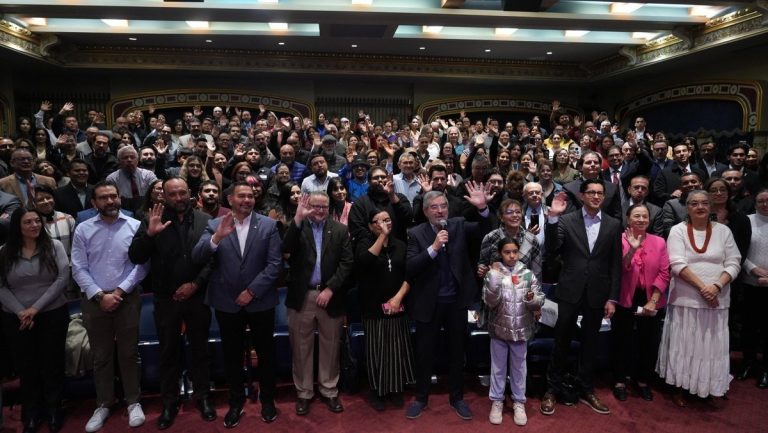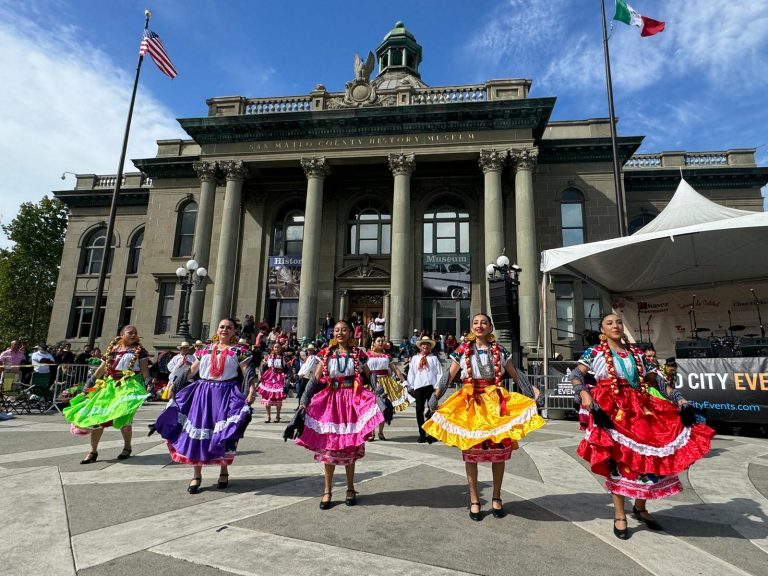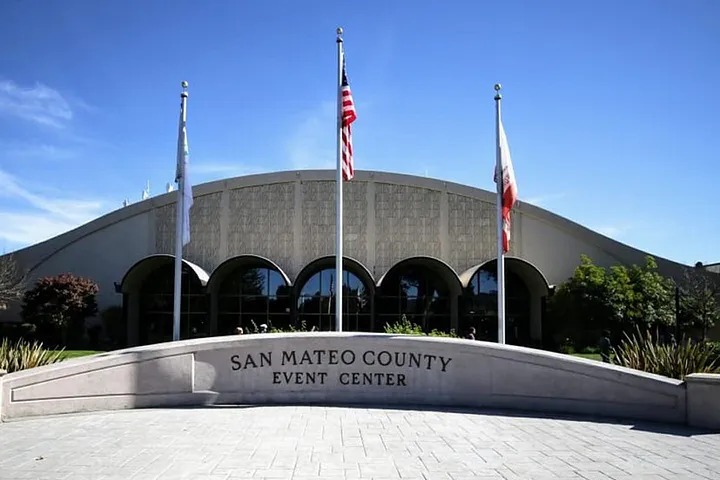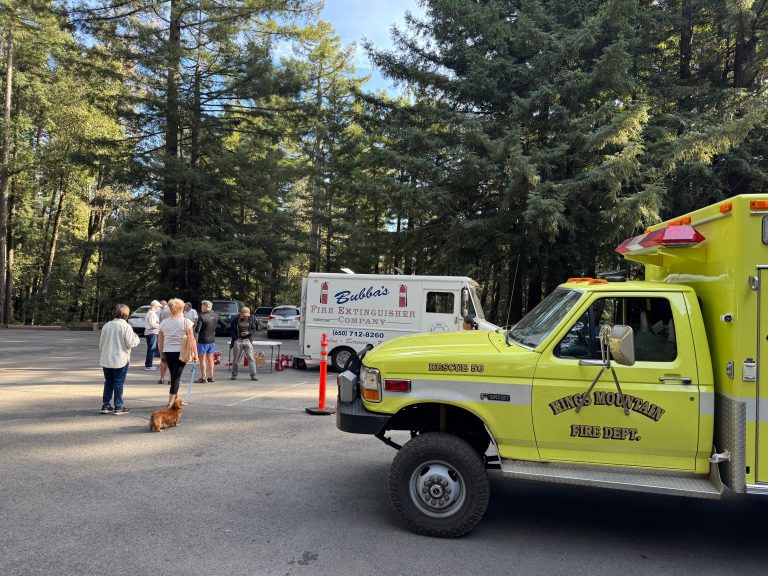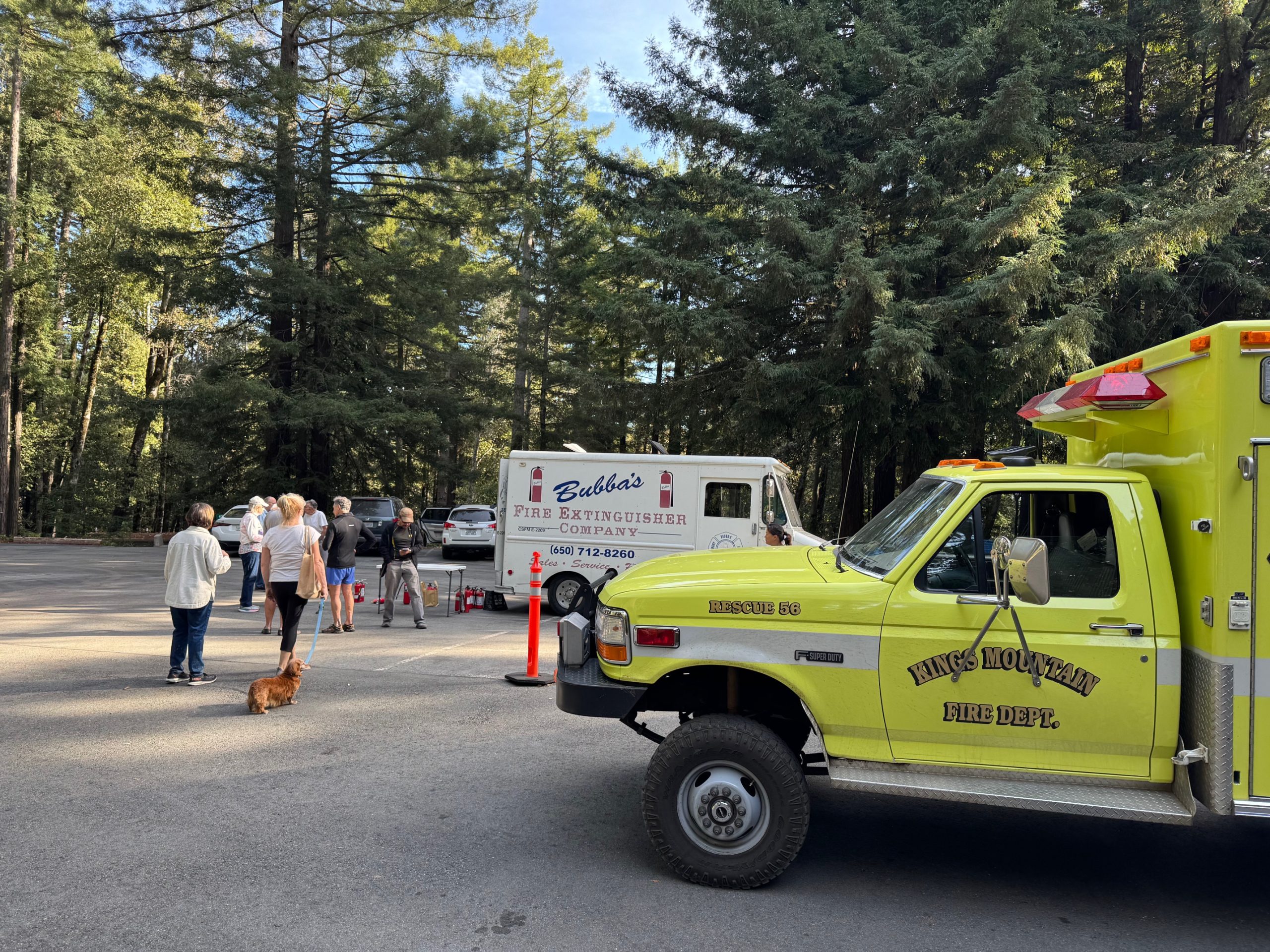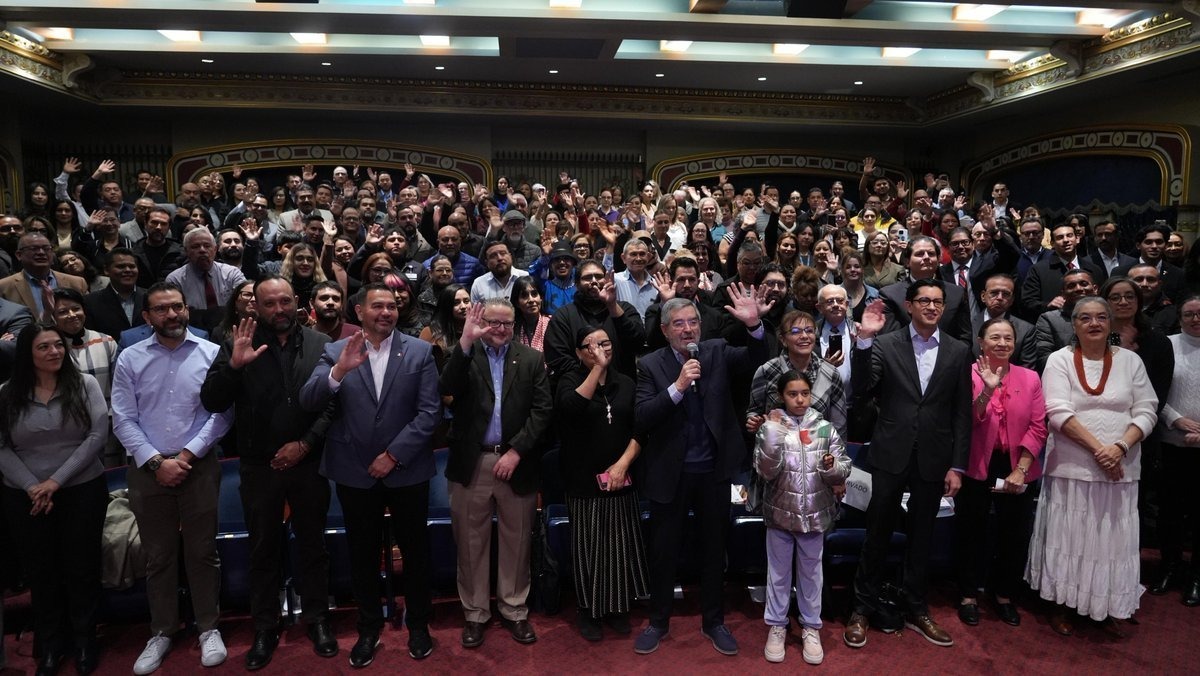
Listen to this note:
Mexican Foreign Minister Juan Ramón de la Fuente announced that the network of consulates in the United States is working to coordinate efforts and actions to support Mexican immigrants living in that country.
In a virtual call with Mexican President Claudia Sheinbaum during her morning press conference, the foreign minister highlighted that these actions are part of a mission from the president, who has pointed out that the "countrymen" are heroes and heroines who deserve all the necessary support, especially in these times of uncertainty in the face of the arrival of President-elect Donald Trump.

Thus, from El Paso, Texas, and accompanied by immigrants and the consuls general of El Paso, Nogales and Tucson in Arizona, as well as the one from Albuquerque, New Mexico, De la Fuente said, they are working together to coordinate efforts that are advancing fundamentally in five directions.
First, he highlighted the legal defense strategy for all Mexicans in the United States. “They are not alone, they will not be alone, and we have the necessary legal advice so that, if necessary, they can assert their rights.”
Secondly, he said, a program has been launched to simplify procedures, such as birth, marriage and death certificates, among others, through a digitalization system.
“It has been very well received by the community, because they struggle a lot with sometimes unnecessary backlogs. And now we have begun the first steps with a digitalization system for their birth and marriage certificates, even death certificates, which also become a problem. It is part of the simplification and modernization process,” the Mexican foreign minister stressed.
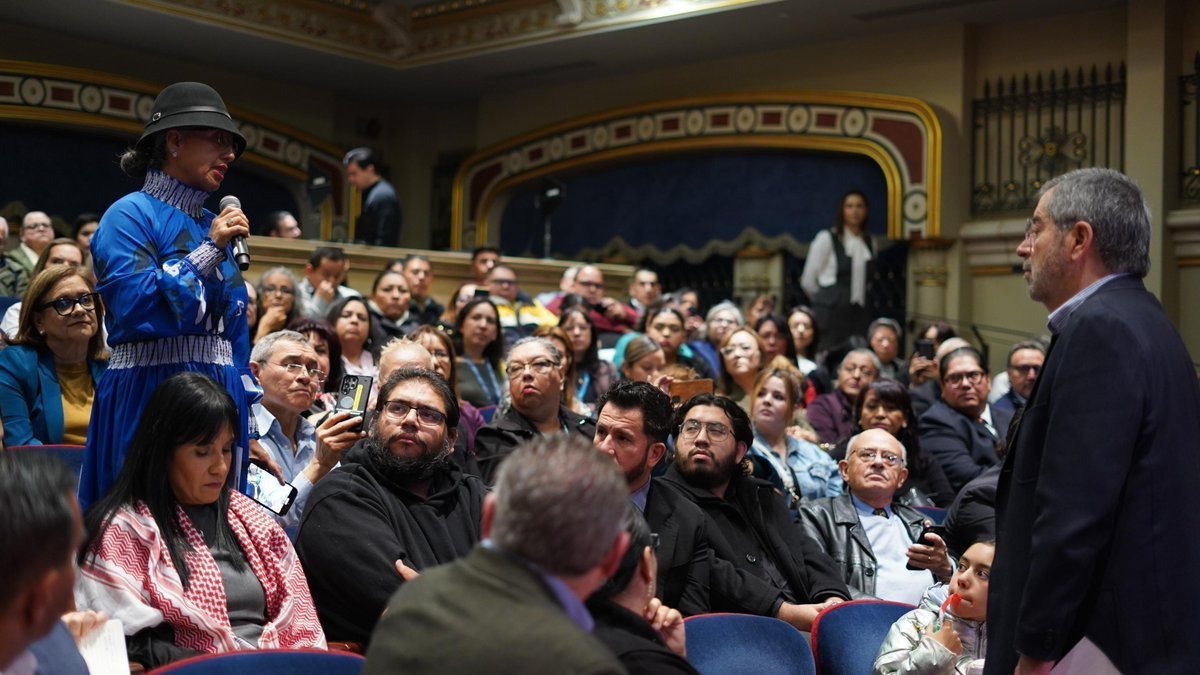
As a third point, De la Fuente highlighted the construction of alliances with the community, to foster support and unity among compatriots and the institutions that can support them in the American union.
“It is part of what we are doing here. Partnerships with social organizations, with institutions, with health services, with school services, with the authorities of the counties and communities where our fellow countrymen and women are located.”
Similarly, and as a fourth point, he explained, there are the Open Consulate Meetings, where the consuls and their collaborators will have more contact with the diaspora and thus hear first-hand about its needs.
“Let the consuls go out into the community more and have spaces for direct contact, as we are doing this morning in El Paso, to listen to some of their points of view, their concerns, their suggestions, some of which are very proactive, and their experiences, some of which are dramatic, but there are others as well that we have heard that are truly heroic in many aspects,” he said.
The head of the Ministry of Foreign Affairs also reported that tomorrow, Thursday, December 19, he will be in Chicago, Illinois, and then on the West Coast of the country.
For her part, the President of Mexico, Claudia Sheinbaum, thanked and sent all her love and recognition to the Mexican immigrants in the United States.
“The Mexican brothers and sisters who are in the United States are heroes and heroines who have come out ahead, brave, and we will not only always recognize them, but we will also always support our brothers and sisters on the other side of the border. And they know that their home is always here. Thank you for everything you do for your families and thank you for everything you do for Mexico,” he said.
You may be interested in: Mexican and other migrants more willing to fight for the US than Americans

